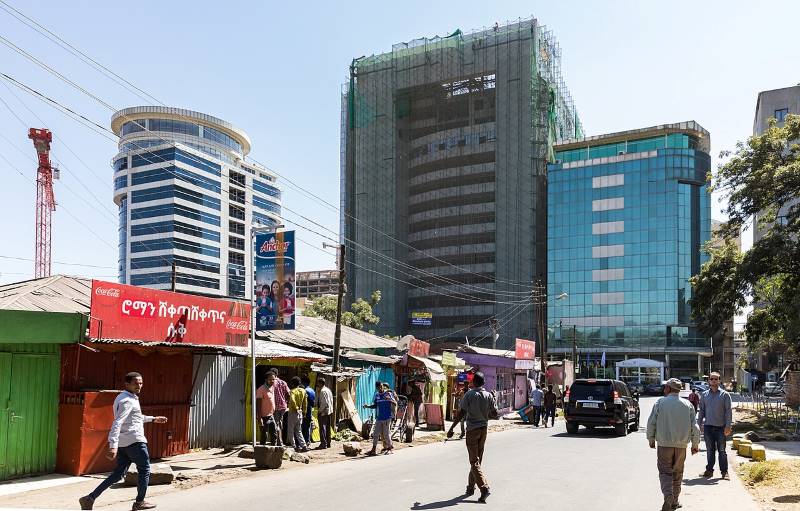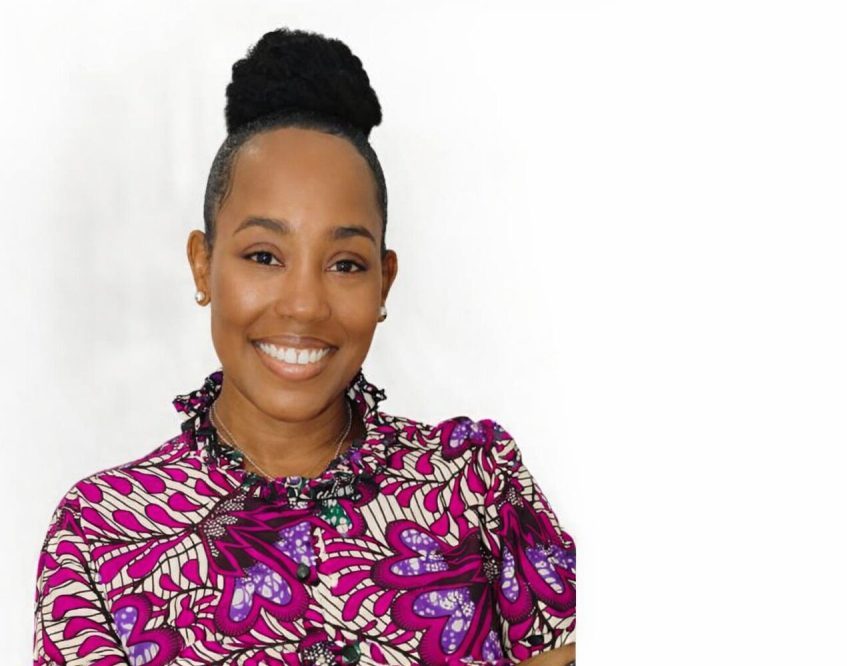“Financial literacy, economic empowerment, and wealth-building are going to be the last leg of the civil rights movement. Because one step towards financial literacy takes you two steps towards personal empowerment” – Russel Simmons, entrepreneur
In 2021, a Credit Sesame study announced that 54% of Black Americans said they had low credit or no credit, 53% had credit cards, 53% reported living paycheck to paycheck, and 21% of Black Americans had student loans. Good credit may be an adept strategy to propel financial wellness, and now is a better time than ever to develop your credit! March is Credit Education Month. To fuel Black credit wellness, we are exploring strategies to develop credit for wealth building.

( Photo by Mikhail Nilov from Pexels )
Forbes reports that some of the benefits of good credit include more robust credit card allowances, lower insurance rates, more negotiation power on loan terms, heightened probability of qualifying for a credit or loan, and lower interest rates. Adversely, bad credit can include side effects like higher insurance rates, higher chances of difficulty renting an apartment, and unfavorable loan rates and terms.
Credit scores range from 300 to 850 and are computed based on credit reports, which include debt and credit history. Good credit is generally considered to be 670 to 739, according to FICO, a well-known credit scoring scale. The first step to improving your credit score is knowing your credit score. The three major credit report agencies that produce free credit reports are Experian, TransUnion, and Equifax.

( Image by Pixabay via Pexels )
Strategies for improving credit scores include:
- paying off outstanding debts
- settling accounts that may be in collections
- paying bills on time
- using credit cards
- asking for higher credit limits on credit cards when credit limits increase
It is also imperative to investigate any credit report errors and dispute them. NerdWallet reports that it is helpful to use less than 30% of one’s credit card limit and keep a credit card balance low by either paying the balance before the end of the cycle or paying the balance several times throughout the cycle period. Checking a credit score regularly will help communities to be aware of their progress.
What credit-improving advice do you have?
Works Cited
https://www.forbes.com/advisor/credit-score/benefits-of-good-credit
https://www.cnbc.com/select/side-effects-of-bad-credit
https://www.wellsfargo.com/financial-education/credit-management/check-credit-score
https://www.nerdwallet.com/article/finance/raise-credit-score-fast
https://www.forbes.com/advisor/credit-score/what-is-a-good-credit-score
This article is made in collaboration with Broke in Philly.

Nana Ama Addo is a writer, multimedia strategist, film director, and storytelling artist. She graduated with a BA in Africana Studies from the College of Wooster, and has studied at the University of Ghana and Kwame Nkrumah University of Science and Technology. Nana Ama tells stories of entrepreneurship and Ghana repatriation at her brand, Asiedua’s Imprint ( www.asieduasimprint.com ).






